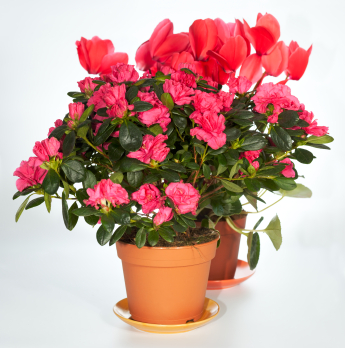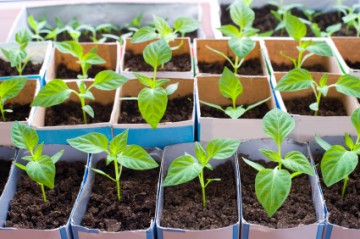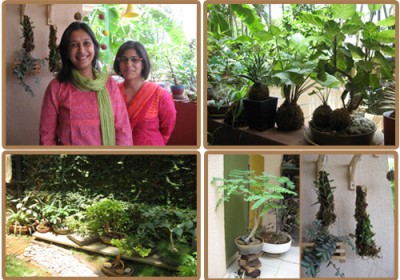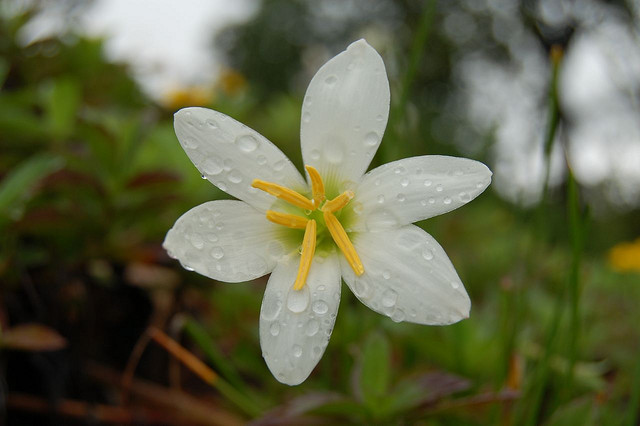Indoor plants also called house plants, as these can grow and flourish even in the interior of homes and offices. Sensible growing of these plants for decorative purposes, cleaning the environment by air purification processes and also for positive psychological effects is known as indoor gardening.
Keeping Your House Plant Alive
To keep the house plant alive, one should first know about the basic growth requirements of the plant chosen by them. Following can be few steps about caring your houseplant and those behind your success.
- Know it, in order to grow it: Know the name of your plant before planting it, because the plant names can help you in providing extra information about the plant growth requirements.
- Perfect potting: Choosing an appropriate container with drainage holes basing on the root size becomes imperative to ensure better potting. Also proper filling of the pot with potting soil becomes very much necessary for a better growth. Keep checking the growth and soil fertility. An actively growing plant should be repotted.
- Light needs: Light is very much essential for plant growth. Therefore, provide them with enough light either by natural or artificial means. Light needs for a plant varies with the variety. Also give them some darkness to create a night milieu.
- Temperature: 300 – 350 C during day, and 50 less than the day during nights, can be an optimum range of temperature for better plant growth.
- Watering tips: Indoor plants can be watered when the soil looks dry. Do not drown them, but provide them with sufficient amounts of filtered water for better results. Also one should ensure that required humid conditions are maintained for a proper plant growth.
- Soil: It provides support to your plant, so it should be carefully selected. Normal soil from the natural environments will not be sufficient for plant growth. Specific potting soil or a mixture of vermiculite, sand, pine bark bits, peat moss perlite, and more can be used to make a better potting soil.
- Fertilizer: Addition of fertilizers become essential if the plant is really growing. Quick release or slow release fertilizers including the macro and micro nutrients and also the organic material are generally used for the plant growth. Use of NPK fertilizers and those rich in S, Mg and Ca, like Epsom salt, can be encouraged for better results.
- PH: It is very much important to check the PH of the soil. Any alterations from the optimum value should be adjusted using lime.
- Air Supply: Plants need both CO2 as well as Oxygen for their life processes. Therefore one should ensure proper air supply for a better growth.






